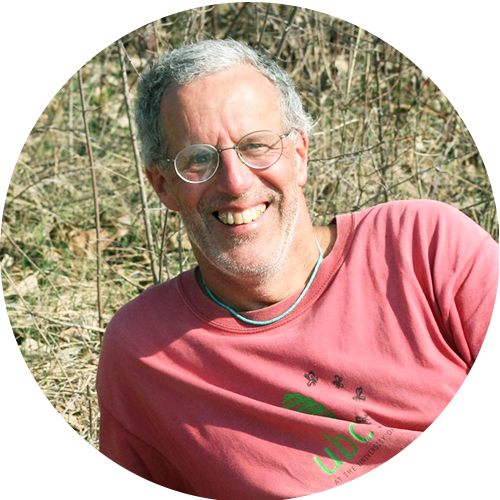Stand and Deliver: Biopiracy, Law, and the Balkanization of the Genescape
Abstract
For 40 years now the users and suppliers of agricultural biodiversity have traded charges of highway robbery. Seed companies demand that purchasers of their seed pay a royalty and respect the intellectual property rights they hold on the crop varieties they claim as their inventions. Peasants, Indigenous peoples, and biodiverse nations demand that they be compensated for access to the valuable genetic resources that they now realize they have been delivering free for the use of the seed companies.
As intellectual property and contract law have been extended globally to facilitate the profitability of the international seed trade, so has international law been developed to forestall biopiracy and provide “benefit sharing” in return for “access” to genetic resources. Kloppenburg will limn the inadequacies of this balancing act, and show how it has resulted in a deeply problematic “Balkanization” of the genescape that benefits no one. As an alternative, he looks to “open source” legal arrangements – especially those with “copyleft” provisions – as a possible foundation for a more just and regenerative regime of the use and exchange of plant genetic resources. FREE THE SEED!
About the speaker
 Professor Jack Kloppenburg
Professor Jack Kloppenburg
Emeritus Professor, University of Wisconsin-Madison
Jack Kloppenburg is the author of the influential First the Seed: The Political Economy of Plant Biotechnology. An organizer as well as an academic, he is a founder of several advocacy organizations working for a just and sustainable food system. He is a founder and board member of the Open Source Seed Initiative (OSSI), and a founder and steering committee member of the Global Coalition of Open Source Seed Initiatives (GOSSI). Both OSSI and GOSSI advocate the use of ”copyleft” approaches to “free the seed” from corporate control and the pervasive use-restrictions that now constrain plant breeding.
About People, Plants and the Law Online Lecture Series
The People, Plants, and the Law lecture series explores the legal and lively entanglements of human and botanical worlds.
Today people engage with and relate to plants in diverse and sometimes divergent ways. Seeds—and the plants that they produce—may be receptacles of memory, sacred forms of sustenance, or sites of resistance in struggles over food sovereignty. Simultaneously, they may be repositories of gene sequences, Indigenous knowledge, bulk commodities, or key components of economic development projects and food security programs.
This lecture series explores the special role of the law in shaping these different engagements, whether in farmers’ fields, scientific laboratories, international markets, or elsewhere.
Note that all dates and times displayed are in Australian Eastern Standard Time (AEST).



